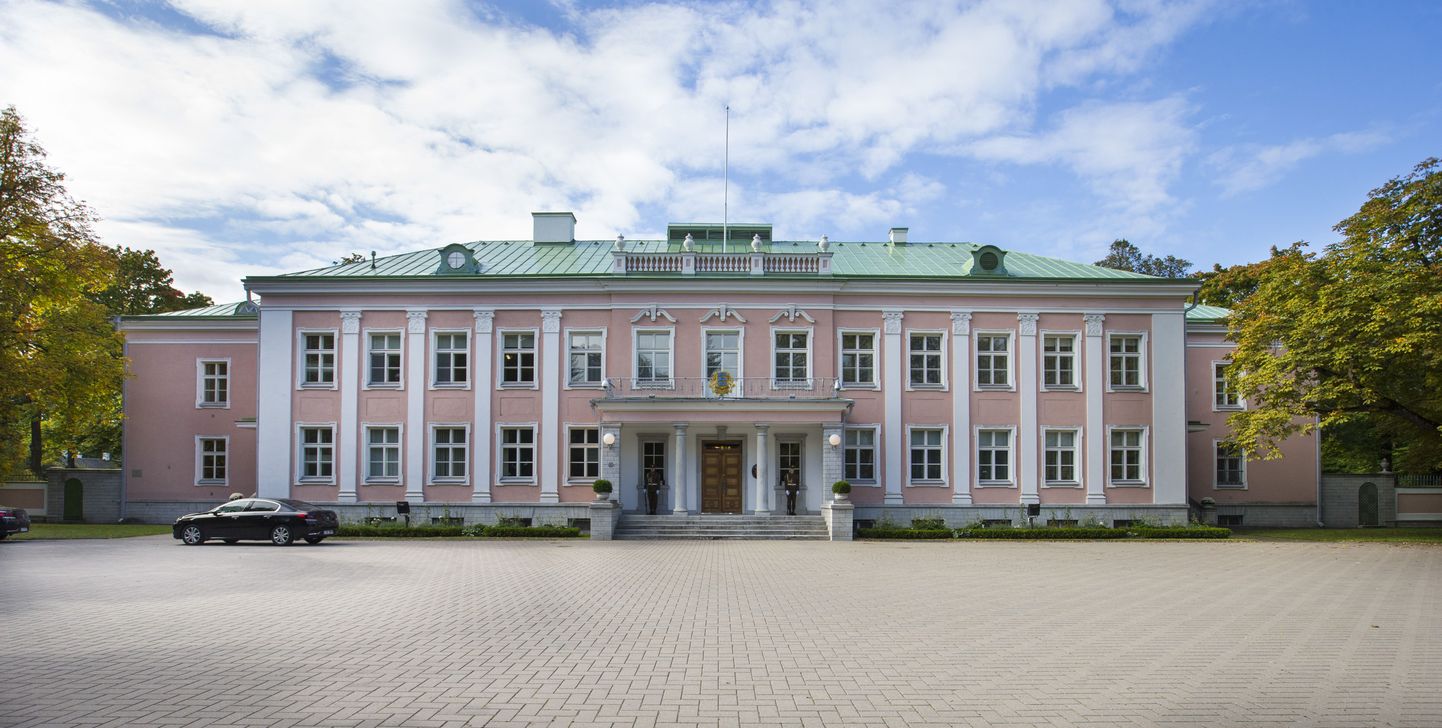“This fall's presidential election trauma gave everyone reason to want to change the current system. The first principle is that we will have a single round of voting in the electoral college,” Ernits described. “Then we moved on to number of electors. How to count them in a situation where the administrative reform will cut the number of local governments in half. Having 101 MPs and just 70-80 parishes, we figured local governments could send more representatives. Whether 500, 750, or why not 1,000 electors. The figure is not set in stone at this time,” Ernits said.
Ernits finds the preliminary proposal to be slightly absurd. “I like the people of Kihnu and Ruhnu a lot. However, if the islands currently have a single elector, and Ruhnu is home to a little over one hundred people, the new system would give them both two electors, while the 10,000 people of the town of Haapsalu would only have five. That is not the most logical calculation,” Ernits said. “That said, it is a matter of discussion. We believe there could be more electors from parishes. If the people cannot vote for the president directly, we should give their representatives a louder voice.”
Head of the working group, Minister of Justice Urmas Reinsalu (IRL) said that the question of having a bigger electoral college will definitely be raised.


